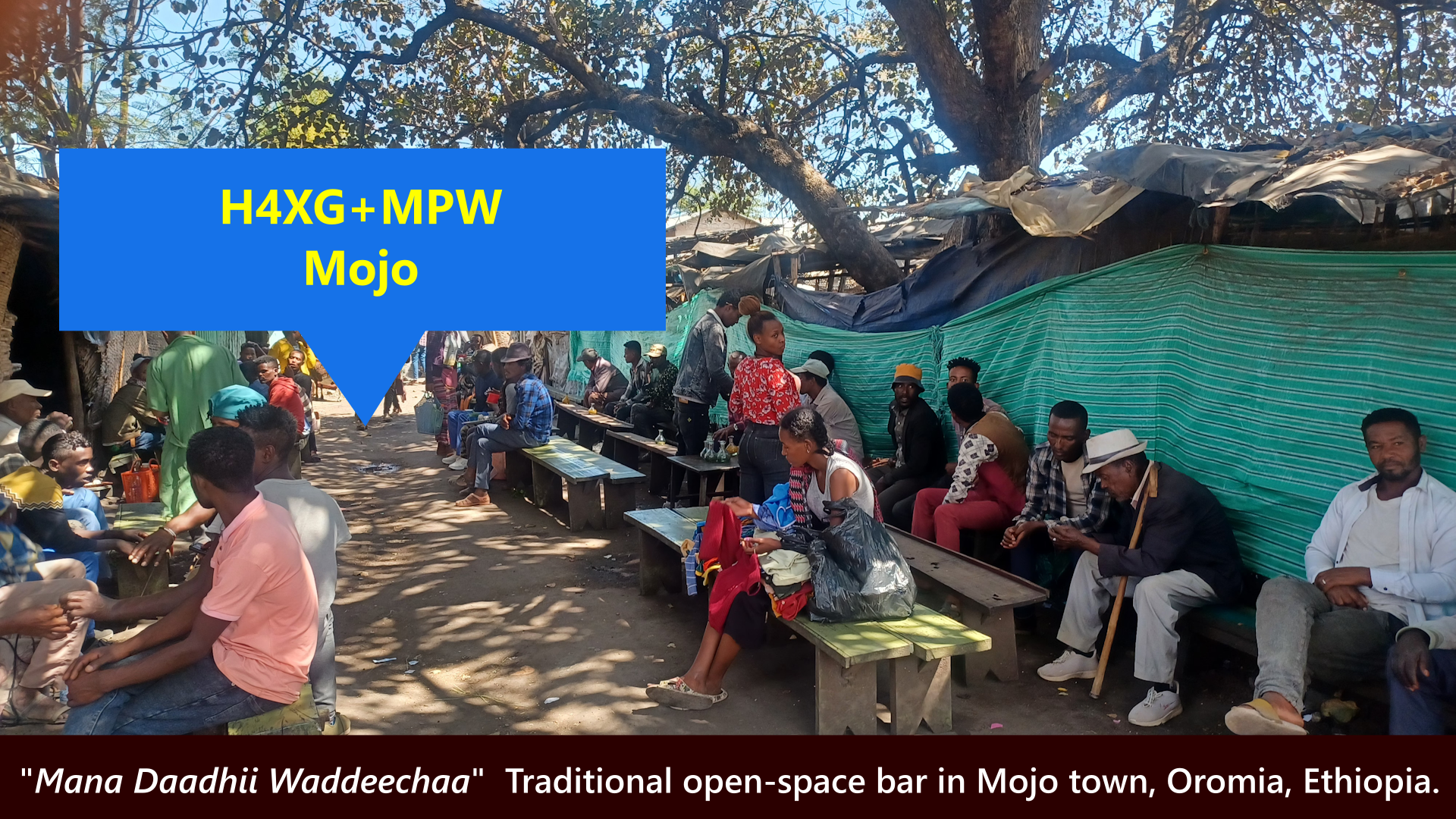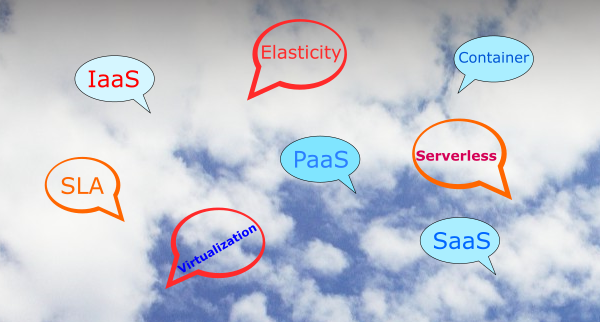The Internet Has Made Us a Global Village: Software Developments and App Authentications Should Be Location-Agnostic!

Synopsis
In today’s interconnected world, the Internet has effectively turned our planet into a “global village,” where boundaries blur and geographic locations hold less relevance than ever before. Yet, despite this immense technological progress, many apps and services continue to rely on outdated, location-based mechanisms for security and access. These practices not only hinder users but also contradict the very essence of a borderless digital world. Software development, particularly in terms of security and e-commerce, must evolve to embrace location-agnostic principles, ensuring that users, no matter where they are, can access services without unnecessary and often discriminatory barriers.
The Flawed Premise of Location-Based Security
One of the most glaring examples of this outdated approach is location-based security. It is increasingly common for apps to use a user’s geographic location to restrict access or verify identity, but this strategy often does more harm than good. While there are many robust security measures available today, such as two-factor authentication (2FA) and biometrics, location is frequently used as an additional security layer. However, the reality is that location can be easily circumvented with VPNs, making this method not only ineffective but redundant.
As I experienced with the UK-based National Savings & Investment (NS&I) app while visiting Africa, location-based restrictions can become a roadblock rather than a safeguard. I was unable to install the app purely because of my location, yet when I used a VPN to spoof my IP address, I could install and use it with ease. This situation clearly undermines the effectiveness of location as a security tool. If a simple VPN can bypass the restriction, why rely on location in the first place? The app’s intended purpose — secure access — was only achieved after I took extra steps to work around an unnecessary hurdle.
Discriminatory and Exclusionary Practices
Beyond inefficacy, location-based restrictions can also feel discriminatory, especially for users in regions that are less supported by global services. These restrictions disproportionately affect people who travel frequently or live outside a certain geographic area, even though they are legitimate users of these services. It raises questions about fairness and inclusivity in app design.
When software developers design systems that restrict users based on location, they inadvertently exclude people who, in today’s globalized world, should have the same access as anyone else. This is particularly frustrating when more inclusive authentication mechanisms, like 2FA or biometric scans, are readily available and more secure. By excluding users based on location, apps are sending the message that some regions are inherently less trustworthy, a message that can feel both discriminatory and unjust.
E-Commerce in a Global World
The issue of location-based restrictions isn’t limited to security—it extends to e-commerce as well. Amazon, for example, often displays intrusive messages when I shop online, telling me that certain items cannot be shipped to my address, even though I’m purchasing them for my UK home. This is especially frustrating because the error message appears long before I reach the point of sale. As a result, I’m left dealing with needless pop-ups that impede my shopping experience.
Ideally, ecommerce platforms should avoid obstructing navigation with pop-ups and intrusive messages until the point of sale. Location-based restrictions should only be implemented at this stage, and even then, the language used should be constructive and considerate. Instead of blocking users from completing their purchases, companies can gently inform customers about potential issues such as shipping costs or product availability. This approach ensures a seamless customer experience while maintaining a friendly tone that does not feel intrusive or exclusionary. In today’s interconnected world, customers expect services that reflect this reality.
The Harm of Misleading Messages
Worse yet are apps that display misleading messages, such as “Network connection not available”, “You’re currently offline”, or “We’re having trouble finding that site”, when they simply don’t want to provide access in a certain location. These kinds of messages feel disingenuous and are a poor reflection of the company’s commitment to global inclusivity. When legitimate users from places like Africa are met with false error messages instead of transparent explanations, it creates an environment of mistrust and exclusion. Developers should aim to be upfront about limitations, but they must also work toward removing these barriers wherever possible.
Embracing the Global Village Mindset
The Internet’s transformative power lies in its ability to connect people across the globe. It has effectively dismantled the physical borders that once limited communication, commerce, and access to information. The idea that software, services, and e-commerce platforms should impose restrictions based on geographic location feels outdated and contrary to this spirit of global connection.
As we move deeper into the information age, software development must evolve to become location-agnostic. Services should be designed with inclusivity at the forefront, ensuring that users from any part of the world can access them with equal ease. Companies that continue to impose location-based restrictions will find themselves increasingly at odds with the expectations of a globalized user base.
Our world may be vast in physical terms, but the Internet has made it feel like a local village. It’s time for software developers, e-commerce platforms, and service providers to catch up with that reality and create systems that serve everyone, regardless of where they are. The world is one; our digital experiences should reflect that.

































